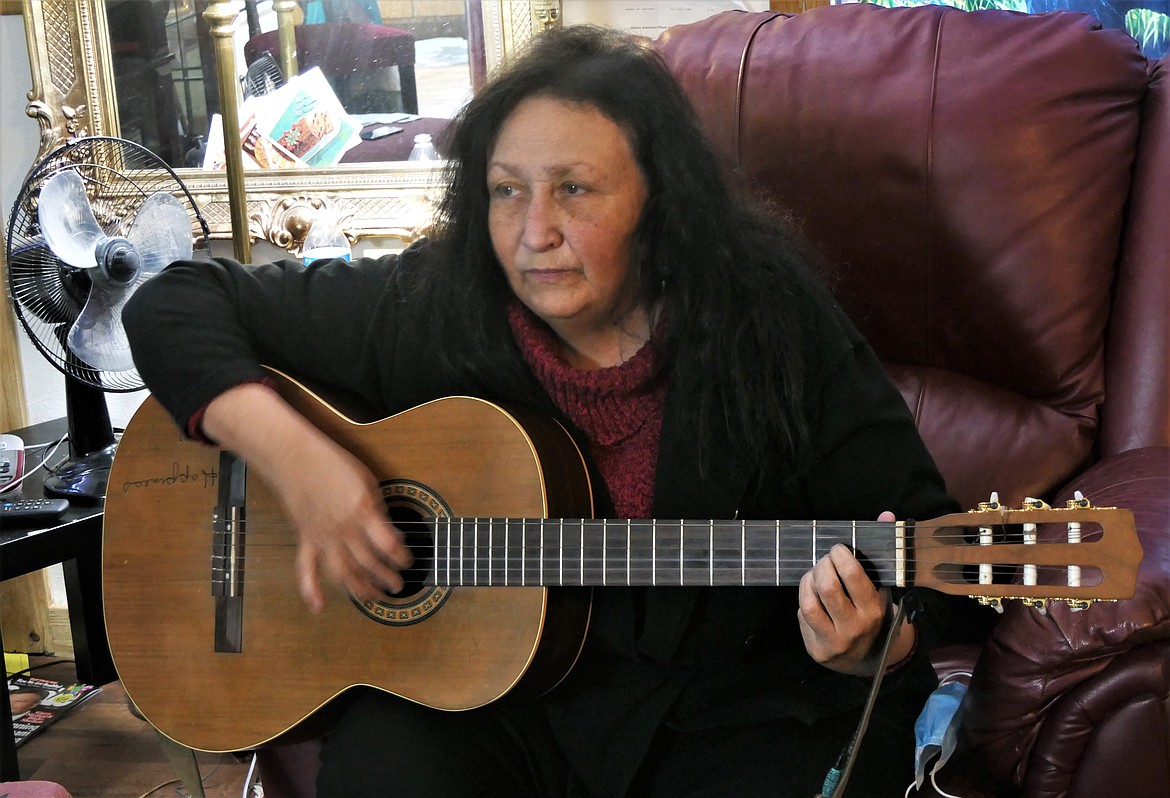Gen Huitt’s 'Missing' honors MMIW
Genevieve (Gen) Huitt, a Salish member of the Confederated Salish and Kootenai Tribes and lifelong singer/songwriter, recently released a new song in honor of Missing and Murdered Indigenous Women.
“Missing,” co-written and recorded by Nashville singer/songwriter and recording artist Linda McKenzie, is a raw and powerful cry from the heart...
Become a Subscriber!
You have read all of your free articles this month. Select a plan below to start your subscription today.
Already a subscriber? Login




